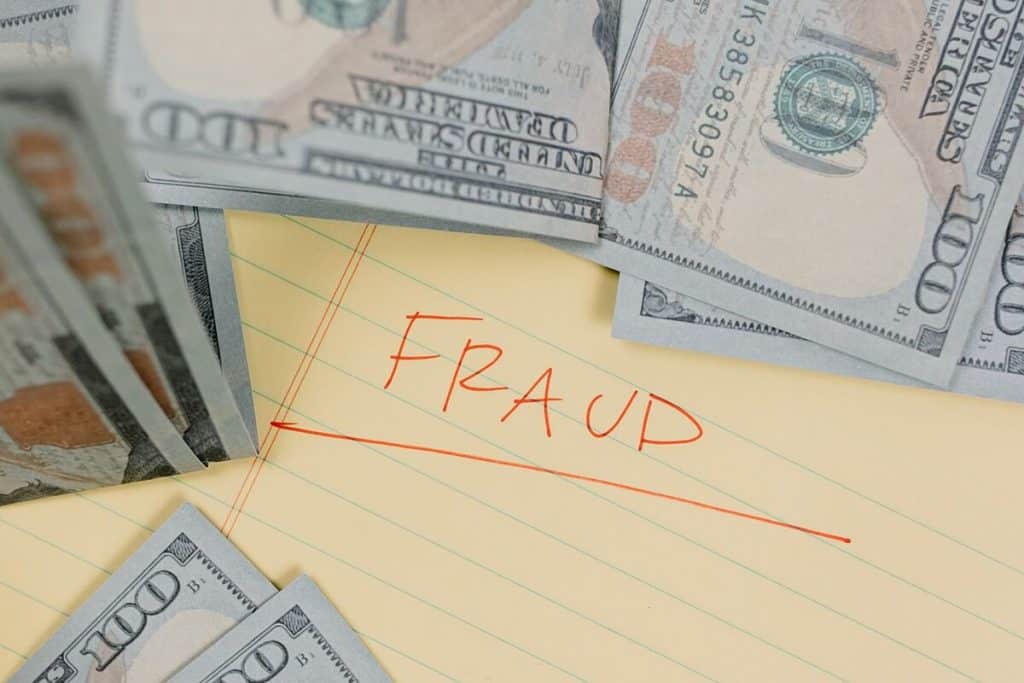Identity theft is a serious crime and many seek to take advantage of those who are unaware of it. The most common form of identity theft is theft Social security numbersbecause that’s how The IRS identifies taxpayers.
The thief uses these SSN to file a fraudulent tax return sooner than you and then ensures that you receive the money directly from the IRS.
To avoid this, we have some recommendations that might be helpful in protecting you and your money.
Leave your SSN card at home in a place where only you can find it, this protects you in case of loss or break-in.
Don’t share your SSN with anyone who doesn’t need it and on a need-to-know basis, beware of those who claim to help you with tax filings and ask for your information without any retention guarantees.
Maintain tax records
Check the system that everything is as it should be. Log on to the Social Security Administration and review tax returns each year to make sure there are no changes.
As simple as it sounds, choose a strong password for all your tax information. Many believe that using one password for all accounts is the best way to remember their access codes, but this is sensitive information and should be kept under high security.
Some argue that taxpayers should change passwords regularly and have a system in place so that it’s not easy to predict. Avoid using general information that others might know, such as birthdates and addresses.
Using a powerful antivirus can help prevent any cyber intrusion
Also, financial information should be kept safe, so avoid sharing such information through social media or any publicly available system such as Facebook, Instagram or even WhatsApp or the Telegraph.
Beware of phishing, which is when identity thieves send you an email that might look like an official IRS email but is slightly different, they want you to trust with your SSN and banking information and might even ask for your username and password.
If you have suffered identity theft, contact the IRS immediately.
